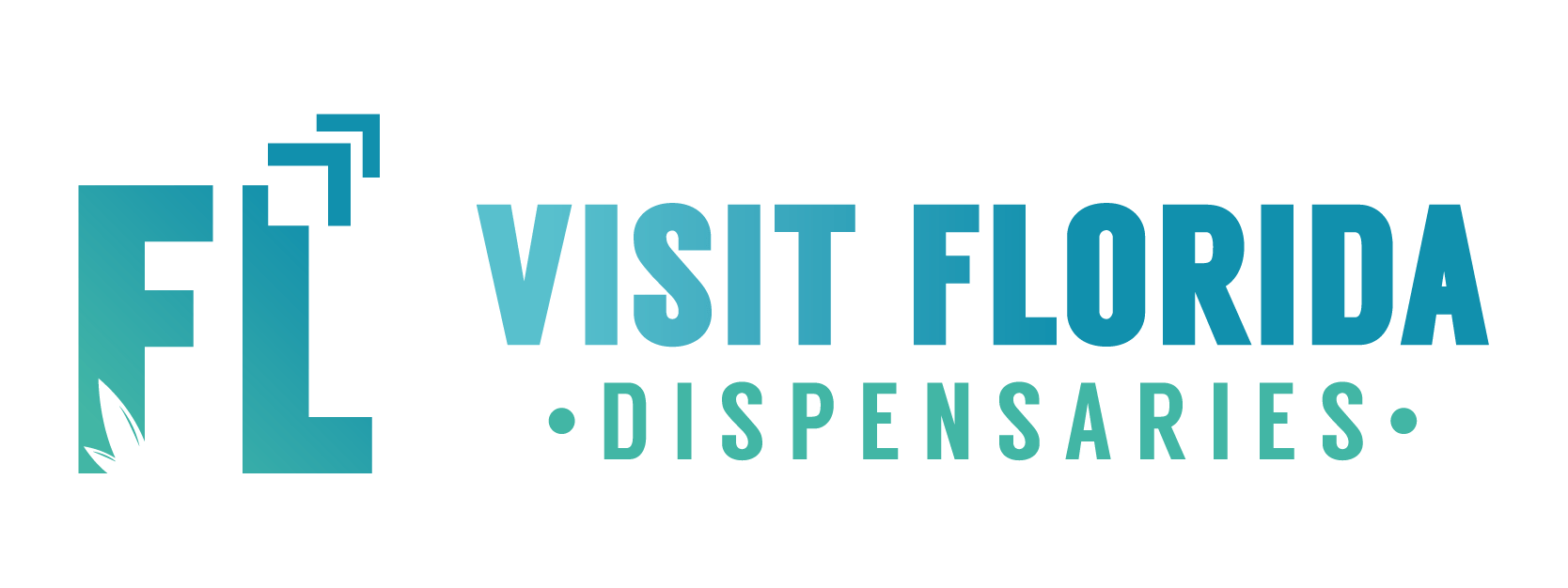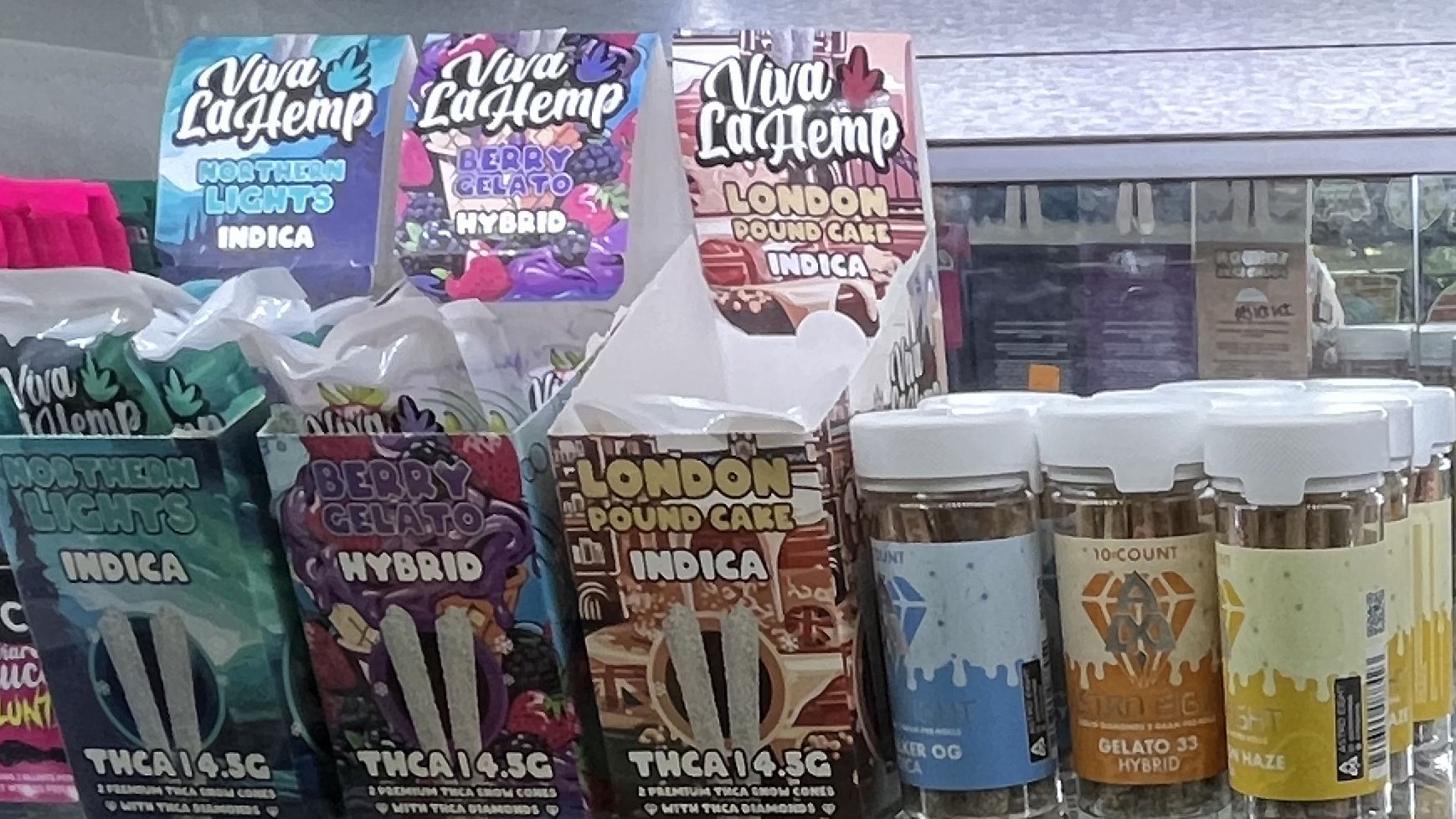In Florida, cannabis laws can be complex, especially when it comes to the distinction between THCA (tetrahydrocannabinolic acid) and THC (delta-9-tetrahydrocannabinol). While THCA products are readily available in smoke shops and online stores, THC products require a trip to a state-licensed medical marijuana dispensary. This accessibility difference boils down to legal definitions, federal loopholes, and the state’s regulated medical cannabis program.
Understanding THCA and THC
THCA is the non-psychoactive precursor to THC. In raw cannabis, THCA is abundant, but it only converts to THC when exposed to heat through processes like smoking, vaping, or cooking. While THCA itself does not cause intoxication, its transformation into THC during consumption means it can have effects similar to traditional cannabis products.
Florida law classifies THC as a controlled substance, meaning it is only legal for medical cannabis patients with a valid prescription. THCA, on the other hand, exists in a legal gray area. It is often sold as a hemp-derived product because, in its raw form, it does not meet the definition of THC under federal or state law.
The Legal Loophole: Hemp vs. Marijuana
The 2018 Farm Bill legalized hemp-derived products containing less than 0.3% delta-9 THC by dry weight. Because THCA is not THC until heated, many hemp producers argue that high-THCA products remain within legal limits when tested before sale. This loophole allows retailers to sell THCA flower, edibles, and concentrates without the strict regulations imposed on marijuana dispensaries.
Florida law mirrors the federal definition, meaning any cannabis product derived from hemp is legal as long as it does not exceed the 0.3% THC threshold. Because lab testing is conducted on unheated material, high-THCA products can pass as compliant hemp, making them widely available in gas stations, smoke shops, and online marketplaces.
Why THC Requires a Medical Marijuana Card
Florida operates a regulated medical cannabis program, which means that only registered patients can purchase THC products. The state’s medical marijuana program, established through Amendment 2 in 2016, requires patients to visit a doctor, receive a recommendation, and purchase from licensed dispensaries. These dispensaries must comply with strict testing, packaging, and sales regulations.
Unlike THCA products, which are loosely regulated under hemp laws, medical marijuana dispensaries are subject to oversight by the Florida Department of Health’s Office of Medical Marijuana Use (OMMU). This ensures that THC products meet quality standards and are only available to those with a medical need.
The Risks of THCA Products
Although THCA products are easily accessible, their legal status remains uncertain. Law enforcement agencies and regulatory bodies are increasingly scrutinizing whether high-THCA products comply with state and federal hemp laws. Some states have already moved to ban or regulate these products, and Florida lawmakers could follow suit.
Another concern is the lack of regulation in the hemp industry compared to licensed dispensaries. Without standardized testing, THCA products may contain contaminants, inaccurate potency labels, or synthetic additives. Medical cannabis patients receive lab-tested products from dispensaries, ensuring consistency and safety.
In Review
The availability of THCA products in Florida while THC remains restricted is a result of legal definitions and regulatory gaps. The 2018 Farm Bill unintentionally created a loophole that allows high-THCA products to be sold as hemp, while medical marijuana remains tightly controlled. As consumer demand for alternative cannabis products grows, state lawmakers may eventually step in to clarify regulations. Until then, Floridians can purchase THCA products easily, but they should remain aware of potential legal risks and product quality concerns.

